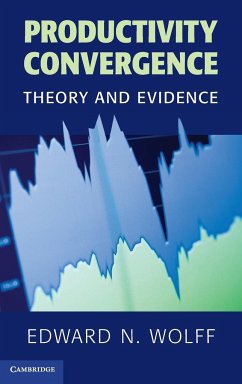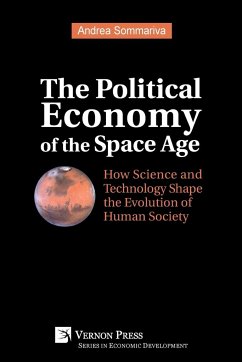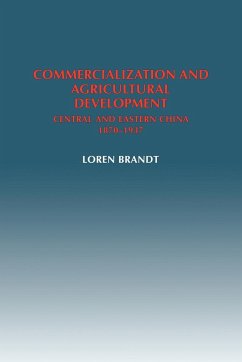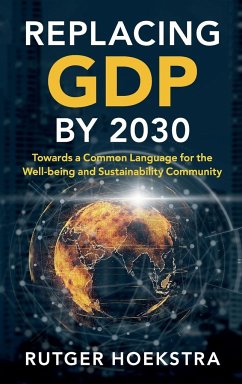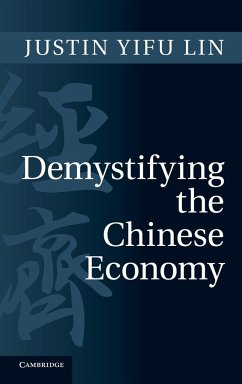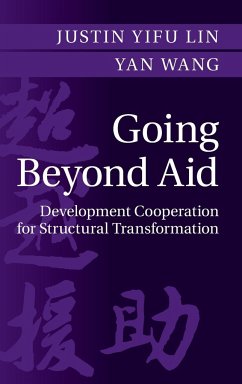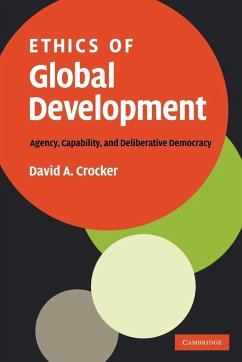Isabelle Tsakok
Gebundenes Buch
Success in Agricultural Transformation
Versandkostenfrei!
Versandfertig in 1-2 Wochen
Weitere Ausgaben:

PAYBACK Punkte
61 °P sammeln!





Isabelle Tsakok looks for patterns common to cases of successful agricultural transformation and then tests them against other cases.
Isabelle Tsakok has worked on issues of economic development, particularly for agriculture and rural areas, for more than 25 years, primarily as staff at the World Bank and, since retirement, off and on, as consultant. Her professional activities focus on the policy, institutional and incentive environment for agriculture, agri-business and rural development in open, market-oriented and transition economies. Dr Tsakok's involvement in agricultural policy analysis, program and project formulation and evaluation, and research and training activities has been conducted throughout the developing world, including in Africa, Asia, the Middle East and Latin America. She is the author of Agricultural Price Policy: A Practitioner's Guide to Partial-Equilibrium Analysis (1990), a manual widely used among development practitioners. Dr Tsakok also developed the policy simulation game EXACTION with Professor Graham Chapman, then at Cambridge University. She received her Ph.D. in economics from Harvard University.
Produktdetails
- Verlag: Cambridge University Press
- Seitenzahl: 422
- Erscheinungstermin: 10. November 2011
- Englisch
- Abmessung: 235mm x 157mm x 29mm
- Gewicht: 832g
- ISBN-13: 9780521888943
- ISBN-10: 0521888948
- Artikelnr.: 33765976
Herstellerkennzeichnung
Libri GmbH
Europaallee 1
36244 Bad Hersfeld
gpsr@libri.de
'Should developing countries invest in agriculture to spur growth, or tax agriculture to subsidize industry? Tsakok's examination of the fundamental evidence for these canonical economic development strategies results in a volume that is an invaluable reference to anyone making a first venture into development policy. The approach is comprehensive and nuanced, but absent the jargon and meaningless details that often obscure economic policy texts. This may well become the definitive treatment of what are the most important issues in development policy.' David R. Just, Cornell University
Für dieses Produkt wurde noch keine Bewertung abgegeben. Wir würden uns sehr freuen, wenn du die erste Bewertung schreibst!
Eine Bewertung schreiben
Eine Bewertung schreiben
Andere Kunden interessierten sich für




